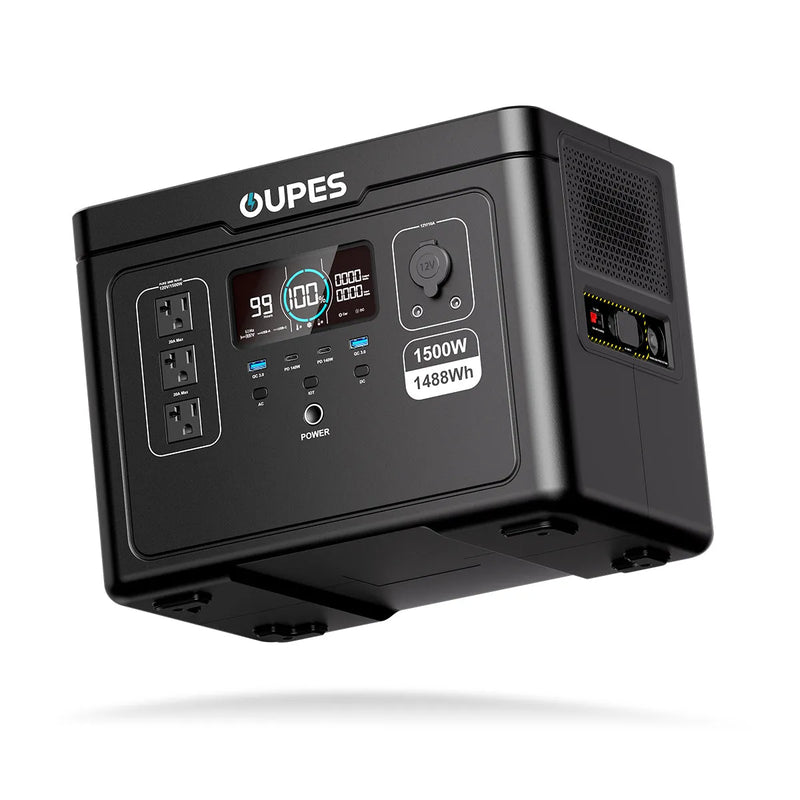
The hum of a refrigerator is a comforting sound, a quiet assurance that your food stays fresh and your drinks stay cold. But what happens when the power goes out, or you're living off-grid? Can a solar generator truly shoulder the responsibility of keeping your refrigerator running? The answer lies in understanding energy consumption, battery capacity, and solar input efficiency.
Understanding Refrigerator Power Consumption
Refrigerators are among the most power-hungry appliances in a home. Their energy consumption isn't just about running continuously—it’s about the surge of power required when the compressor kicks in. On average, a refrigerator consumes:
- Standard Household Fridge: 100W - 800W
- Mini Fridge: 50W - 150W
- Large Side-by-Side Refrigerator: 500W - 1000W
However, these numbers don’t tell the whole story. While a fridge cycles on and off throughout the day, the starting surge can be two to three times higher than its running wattage. A unit that normally runs at 150W might need 600W or more to start up.
Choosing the Right Solar Generator
Not all solar generators are created equal. To determine if one can power a refrigerator, consider three crucial factors:
1. Battery Capacity (Wh or kWh)
The heart of a solar generator is its battery. For a refrigerator that runs at 150W for 8 hours a day, you’ll need at least 1200Wh of battery capacity just for that appliance. A full-sized fridge running 24/7 will demand significantly more—closer to 3000Wh or higher.
2. Inverter Rating (W)
The inverter converts stored battery power into usable electricity. It must be capable of handling both the running power and the startup surge. A refrigerator that runs at 150W but surges to 600W will require an inverter rated at least 800W to prevent overload.
3. Solar Input & Recharge Efficiency
A generator is only as good as its ability to recharge. If your refrigerator consumes 1200Wh per day, your solar panels must generate enough energy to replenish that loss. A system with 400W to 600W of solar input is ideal, assuming good sunlight conditions.
Off-Grid & Backup Scenarios
For short-term emergency backup, a mid-sized solar generator with a 2kWh battery and 1000W inverter can keep a fridge running for a day or more. For long-term off-grid living, a more substantial system with high solar input and battery storage is essential.
Additional Considerations:
- Energy Efficiency: A modern, energy-star-rated fridge consumes less power.
- Usage Adjustments: Keeping the fridge door closed as much as possible conserves energy.
- Battery Expansion: Some solar generators allow additional batteries for extended runtime.
Final Verdict
Yes, a solar generator can power a refrigerator—but only if it’s properly sized. The right combination of battery capacity, inverter strength, and solar panel input makes all the difference. Whether you’re preparing for a blackout or embracing off-grid independence, a well-equipped solar generator ensures your perishables stay cold, your beverages stay chilled, and your peace of mind remains intact.




























